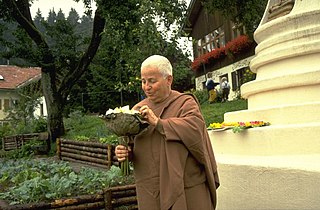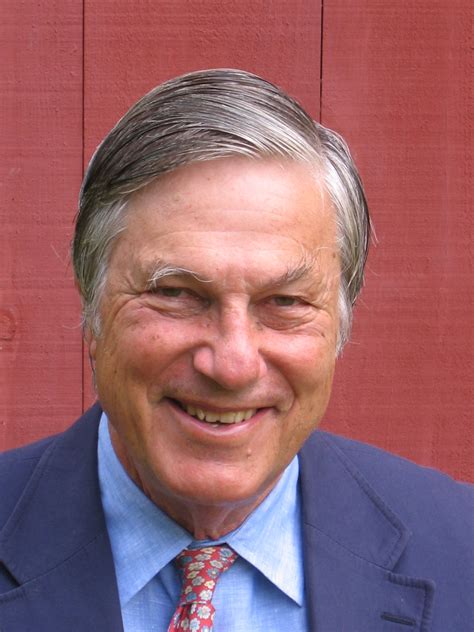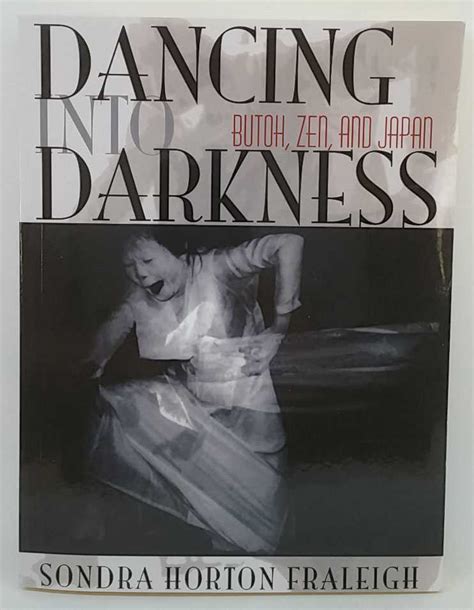A Quote by Michael LeBoeuf
All of us live at the feeling level, and our feelings are in large part a result of the way we perceive things. You observe or are told something, you interpret it, and only then do you have a reaction at the feeling level. The point is that feeling is preceded by perception, and all of us are capable of controlling our interpretation [the associations and assumptions] of what we see. If we can control our interpretation, then it logically follows that we can exercise some control over our feelings as well.
Related Quotes
No matter who we are, no matter what our circumstances, our feelings and emotions are universal. And music has always been a great way to make people aware of that connection. It can help you open up a part of yourself and express feelings you didn't know you were feeling. It's risky to let that happen. But it's a risk you have to take-because only then will you find you're not alone.
Be as delicate as possible. If communication accomplishes something on the gross but damages something on the level of feeling then it is a spiritual loss! The feeling is more important for life. Nourishment of the feeling level is the basis for growth of the spiritual holistic value. Delicate behaviour on the surface should be such as to nourish, uphold and enhance the Transcendental value where feelings merge into a common source.
Is it not possible that the chimpanzees are responding to some feeling like awe? A feeling generated by the mystery of water; water that seems alive, always rushing past yet never going, always the same yet ever different. Was it perhaps similar feelings of awe that gave rise to the first animistic religions, the worship of the elements and the mysteries of nature over which there was no control? Only when our prehistoric ancestors developed language would it have been possible to discuss such internal feelings and create a shared religion.
Aging happy and well, instead of sad and sick, is at least under some personal control. We have considerable control over our weight, our exercise, our education, and our abuse of cigarettes and alcohol. With hard work and/or therapy, our relationships with our spouses and our coping styles can be changed for the better. A successful old age may lie not so much in our stars and genes as in ourselves.
[... Dance] involves every possible feeling (as potential), because it is of the body, which is lived (inescapably) as a body of feeling. Some of these feelings we can name, and some we cannot, since we associate feelings with language only when we name them. The body lives sentience on a preverbal level. Dance exists first on this primordial level, not on an intellectual plane (even though it requires skill and intelligence). Its inmost substance cannot be reasoned, only experienced.
When we are in love, our love is too big a thing for us to be able altogether to contain it within ourselves. It radiates towards the loved one, finds there a surface which arrests it, forcing it to return to its starting-point, and it is this repercussion of our own feeling which we call the other's feelings and which charms us more then than on its outward journey because we do not recognise it as having originated in ourselves.



































